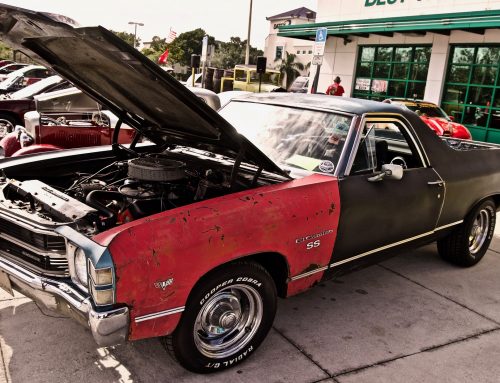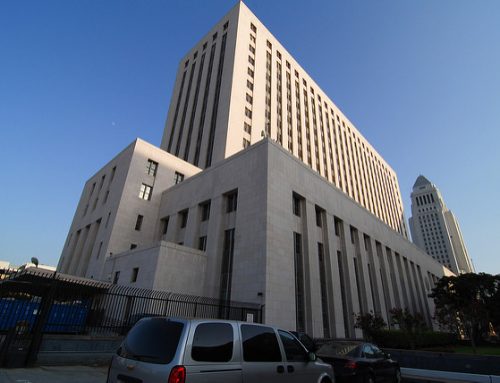Three years ago, a woman high on cocaine rear-ended a police officer on a motorcycle who was stopped at a light. 4 days later, the officer died of his injuries. After the collision, Q. Cobb was charged with driving under the influence of a drug causing injury and possession of cocaine – to which she pleaded not guilty. After the officer died, the charges were upgraded to murder and vehicular manslaughter which she also chose to plead not guilty to.
However, last Thursday, the defendant chose to plead “no contest” to a second-degree murder charge. Her sentencing hearing is scheduled to take place on October 30.
“No contest” is the colloquial version of “nolo contendere,” which literally means “I don not wish to contest.” When a “nolo contendere” plea results in a criminal conviction in a California court, it’s the same as a guilty plea. When someone makes this plea, they are technically not admitting to guilt, but still allowing the court to determine their punishment for the crime.
Before someone can plead “nolo contendere,” a few things must happen:
- The judge must be willing to accept the plea
- It must be ensured that the defendant understands that the plea will be considered a guilty plea by the court
- That the defendant is voluntarily and freely entering the plea (as opposed to being tricked into doing it)
The benefit of pleading “nolo contendere” is most evident when the defendant has been charged with a misdemeanor. When someone makes this plea, the conviction can’t be used against them as proof of guilt in any ensuing civil case. For felony charges in the State of California, a plea of “nolo contendere” is treated exactly like a guilty plea, and the subsequent conviction can be used as evidence of guilt in any ensuing civil trial.
After making her plea, Q. Cobb faces a sentence of 15 years to life in California state prison.






